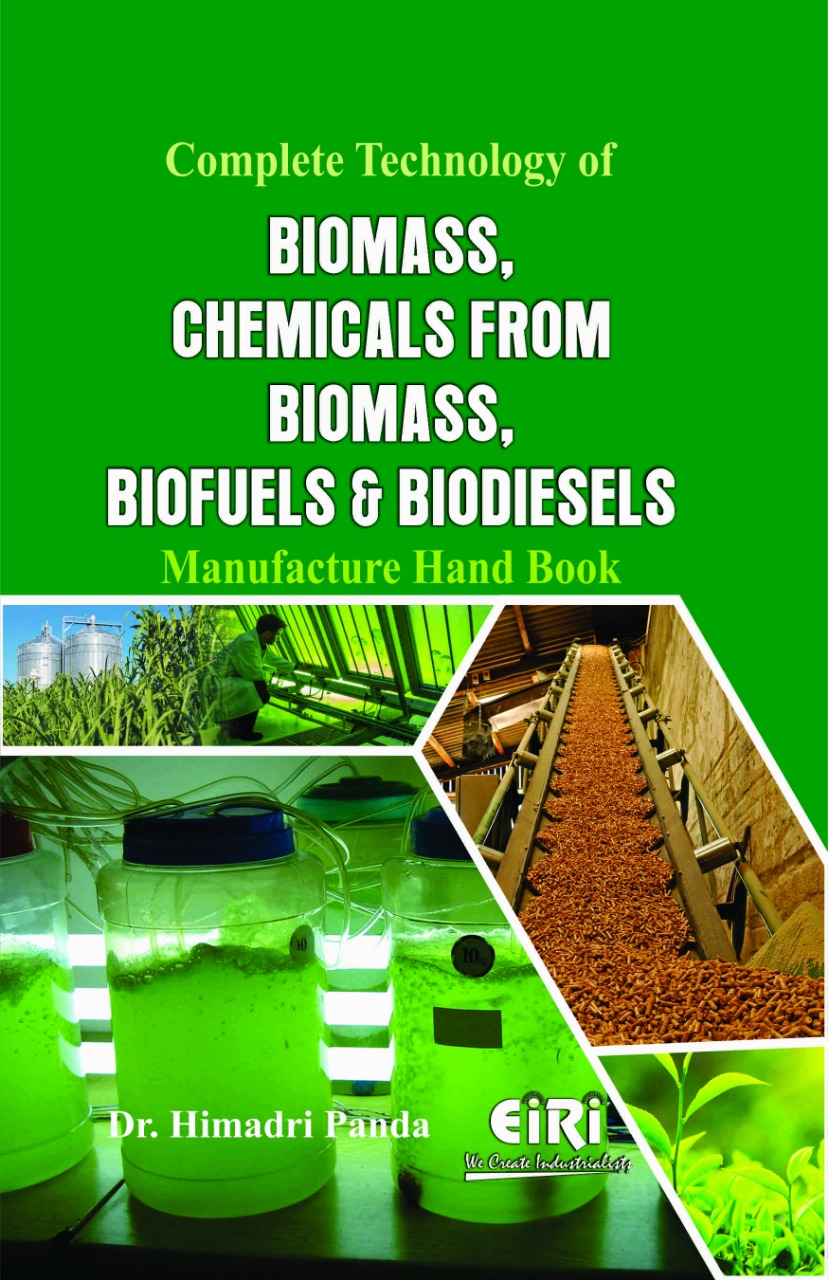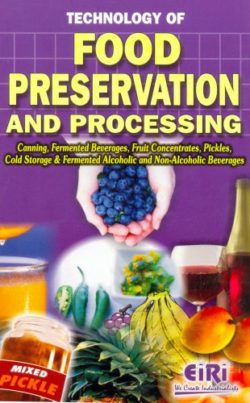Description
Generally, the advancement of industrialization is accompanied by the increase in the production of industrial machines including diesel engines and automobiles, increasing the consumption of the diesel oil used as a fuel. Of various fuels produced, diesel oil is competitive because of its lower cost, but is problematic in that combustion using diesel oil as fuel causes greater pollution than other kinds of fuel. Bio-fuel development in India mainly around the cultivation and processing of Jatropha Plant seeds which are very rich in oil (40%). Jatropha provides immediate economic benefit at the local level since it grows well in dry marginal non-agricultural lands. In recent years there has been a renewed interest in alternatives to petroleum-based fuels . The alternative fuels must be technically acceptable , economically competitive, environmentally acceptable and easily available. The need for these fuels arises mainly from the standpoint of preserving global environment and concern about longterm supplies of conventional hydrocarbon based fuels. Among the different possible sources, bio- fuels derived from triglycerides (vegetable oil/ animal fats) present a promising alternative. Although triglycerides can fuel diesel engines their viscosities and poor cold flow properties have led to investigation of various derivatives. Fatty acid methyl esters derived from triglycerides and methanol known as bio-diesel, have received the most attention. Vegetable oils are widely available from a variety of sources. Unlike hydrocarbon based fue, the sulfur content of vegetable oil is zero and hence the environmental damage caused by sulphuric acid is reduced. For this whole world only vegetable oil will not be enough , so other alternatives should be worked out . The main advantage of bio-fuel is its renew-ability , better quality exhaust gas emission , its biodegradability and given that all the organic carbon present in photosynthetic in origin, it does not contribute to a rise in the level of CO2 in the atmosphere and consequently to the green house effect. There is no such publication available in the market.
We have compiled all the information and published it in the form of a book. All the chapters of the book are arranged in a systematic manner. This particular book will be helpful to our Planning Commissioners, Scientists, Ph D Scholars and Students for their successful up to date information.






